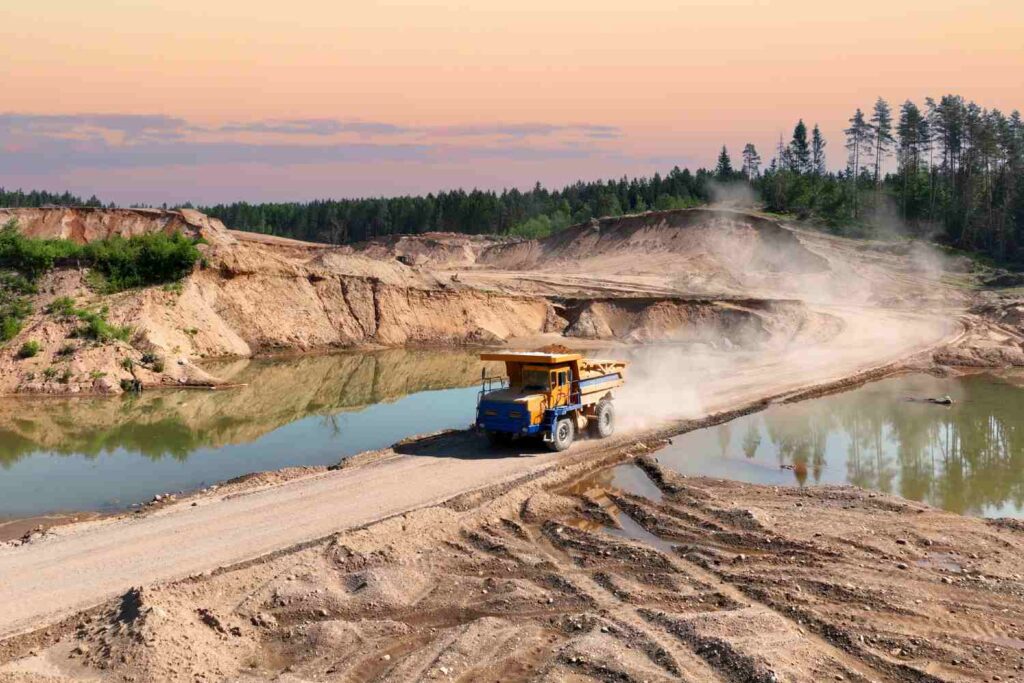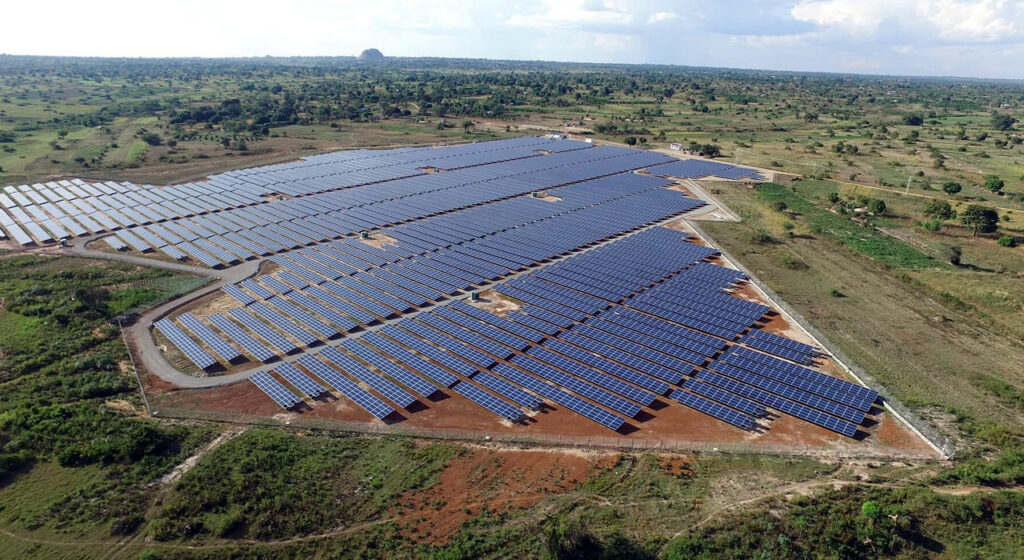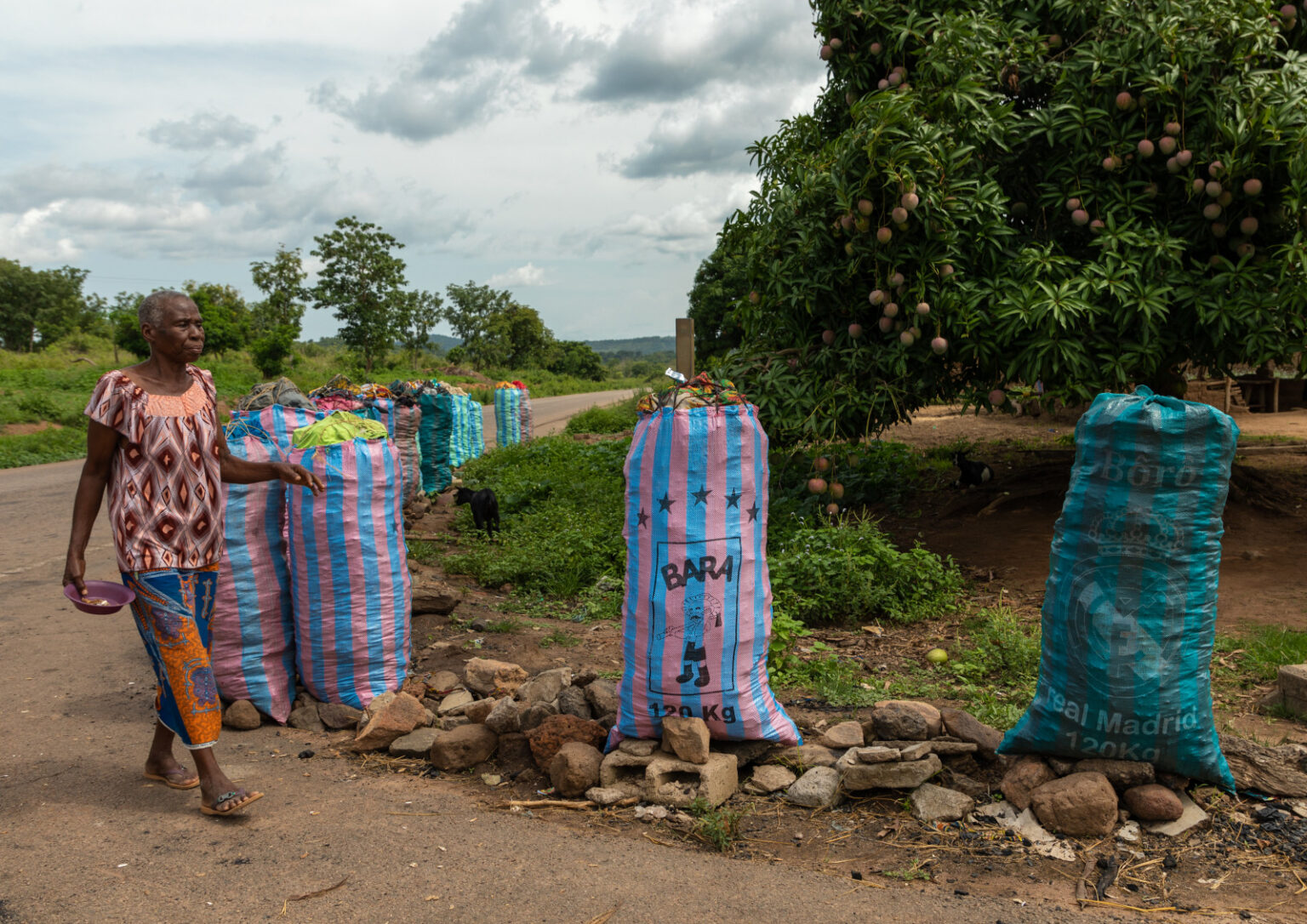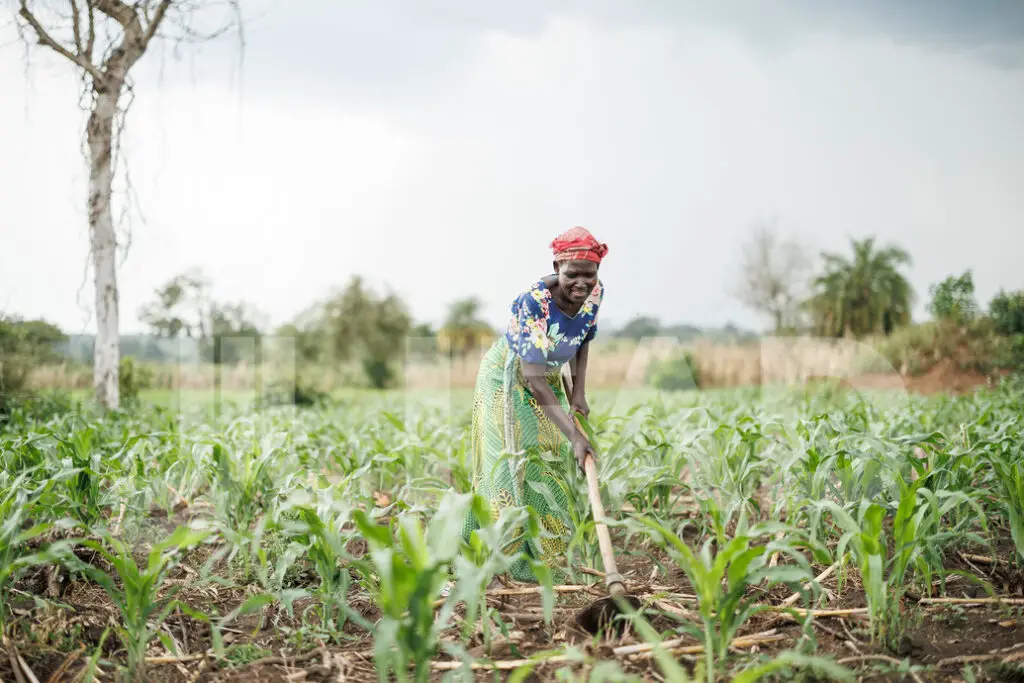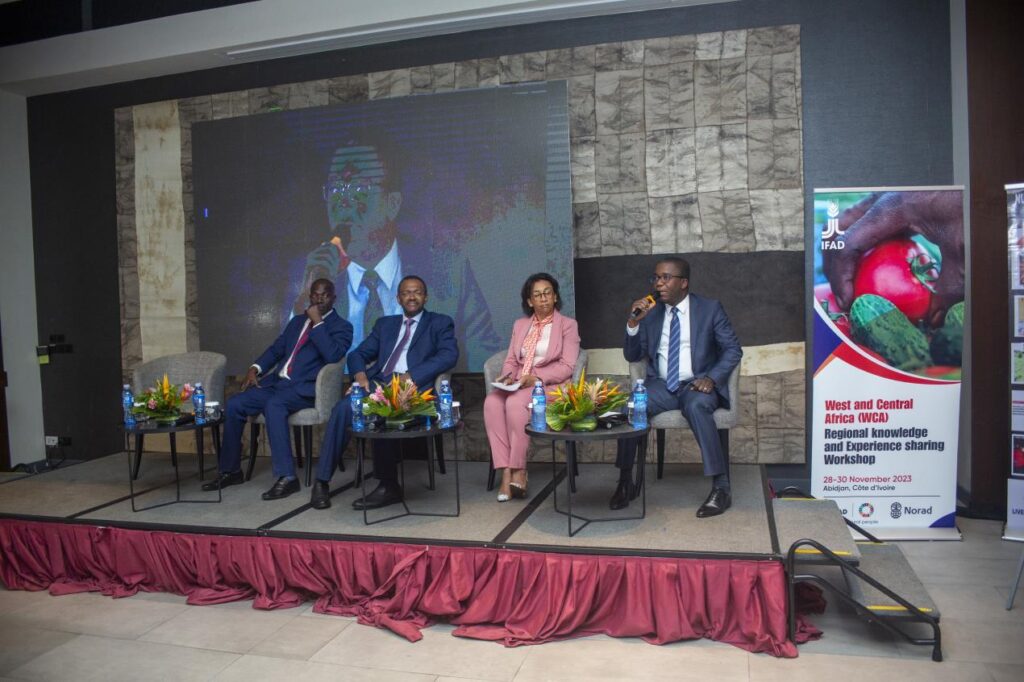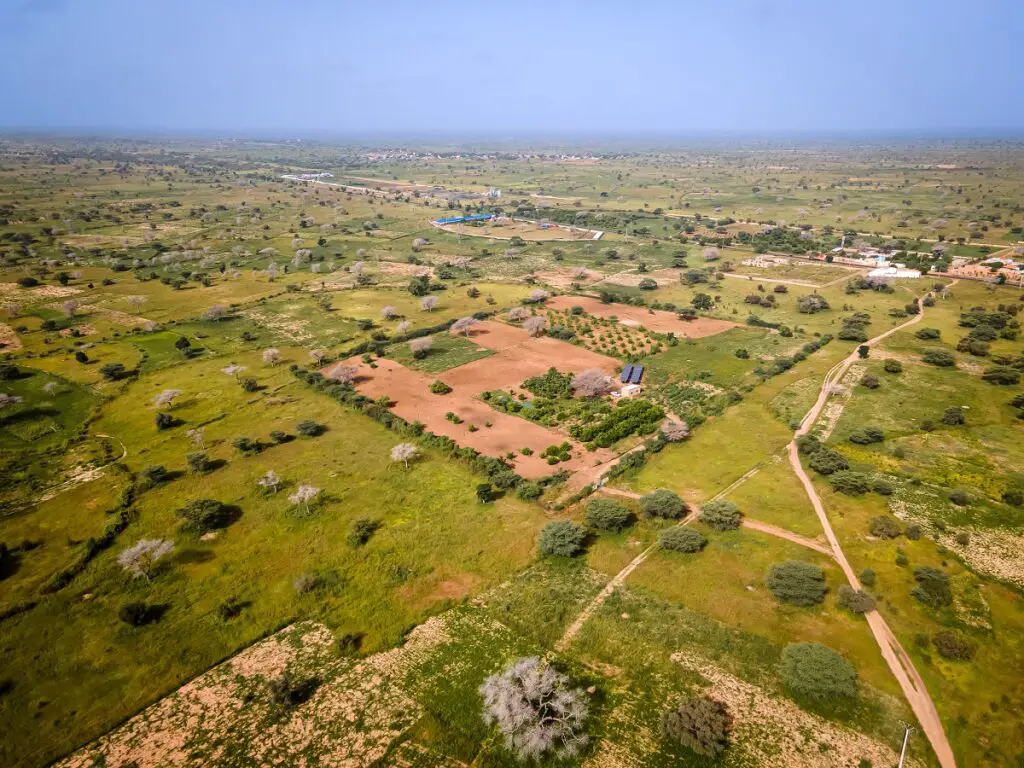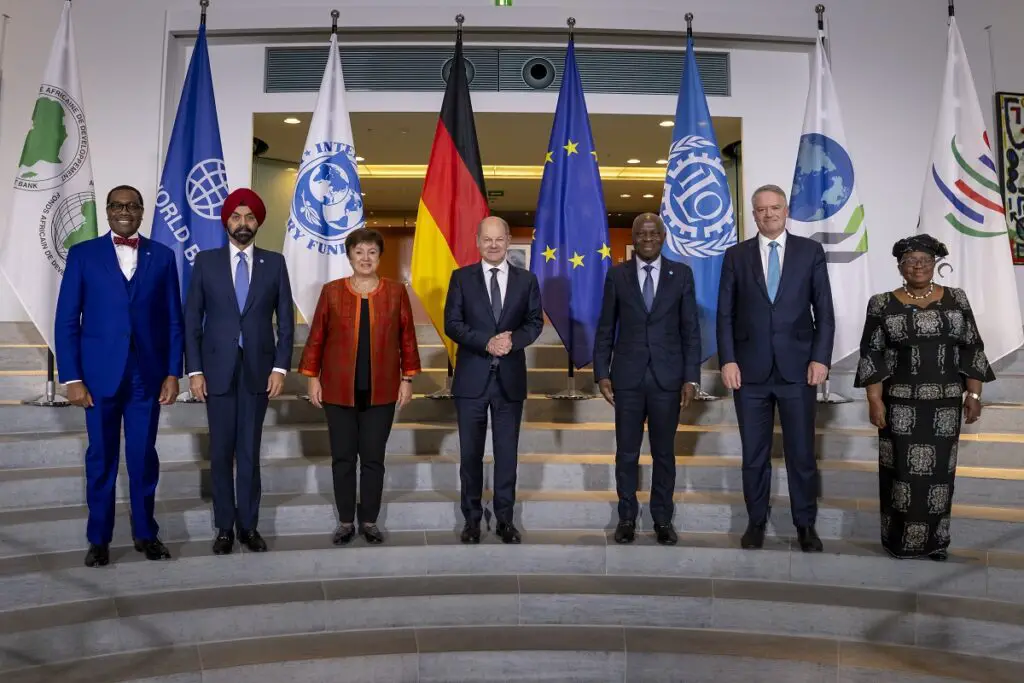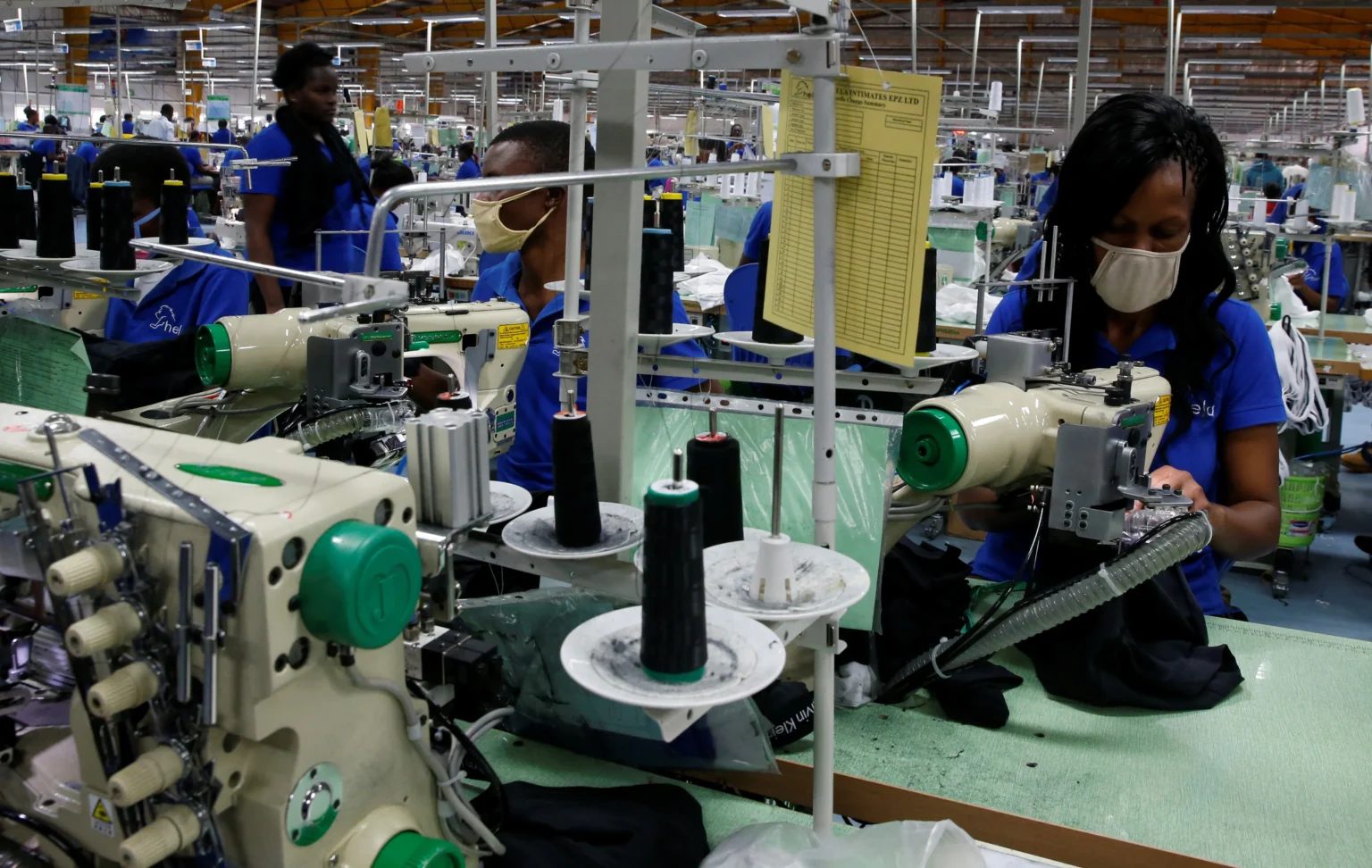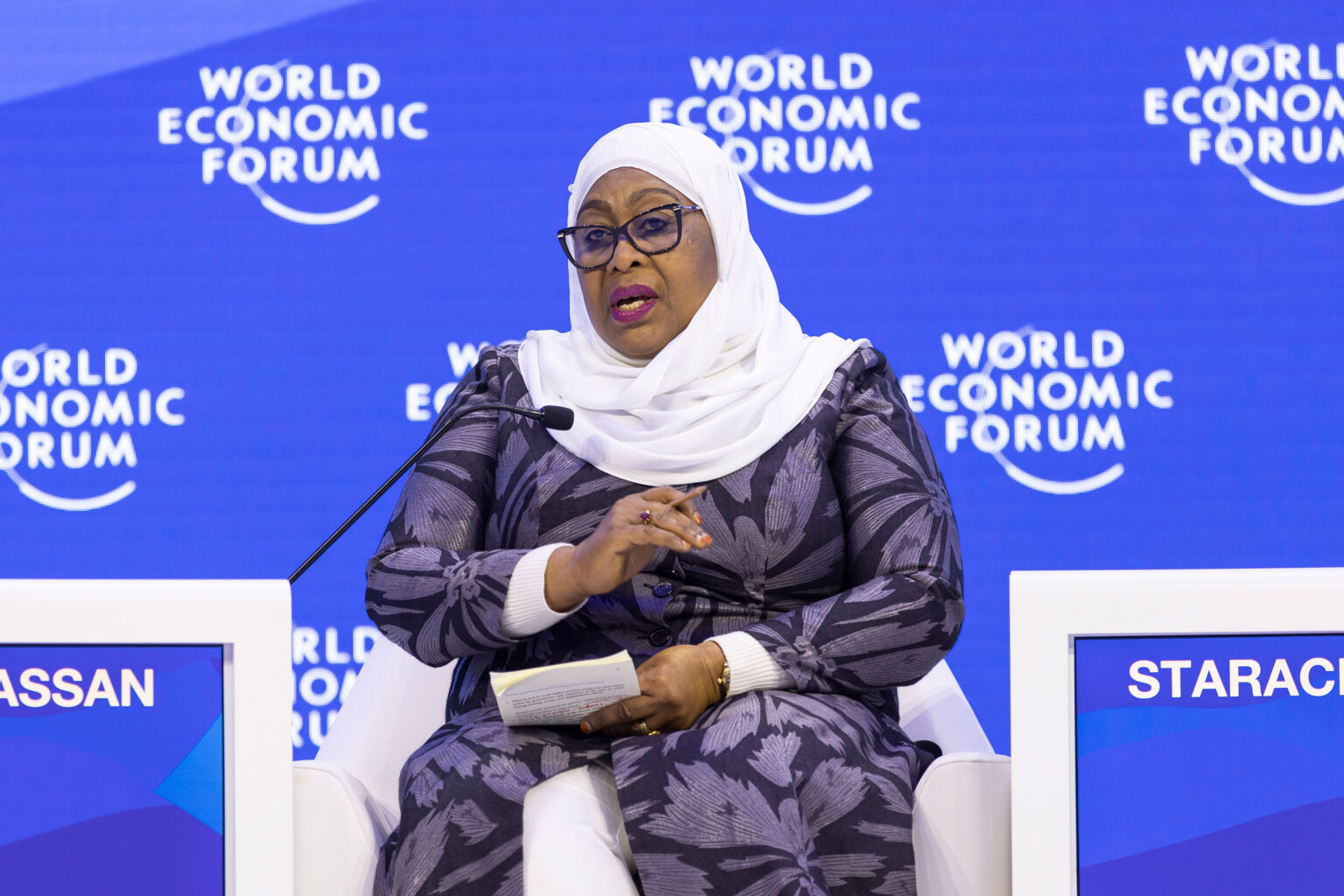- AI’s Dual Capacity and a Strategic Opportunity for African Peace and Security
- How African economies dealt with the 2025 debt maturity wall
- Africa’s Green Economy Summit 2026 readies pipeline of investment-ready green ventures
- East Africa banks on youth-led innovation to transform food systems sector
- The Washington Accords and Rwanda DRC Peace Deal
- Binance Junior, a crypto savings account targeting children and teens debuts in Africa
- African Union Agenda 2063 and the Conflicts Threatening “The Africa We Want”
- New HIV prevention drug is out — can ravaged African nations afford to miss it?
Author: Padili Mikomangwa
Padili Mikomangwa is an environmentalist based in Tanzania. . He is passionate about helping communities be aware of critical issues cutting across, environmental economics and natural resources management. He holds a bachelors degree in Geography and Environmental Studies from University of Dar es Salaam, Tanzania.
This is the first critical raw materials agreement between the European Investment Bank (EIB), the world’s largest international public bank, and an African partner. The collaboration aims to address the growing global demand for critical raw materials, including base metals, battery materials, and rare earths. EIB Global technical and financing teams will increase cooperation with critical raw material partners to explore new investment opportunities in Rwanda. In a first of its kind in Africa, Rwanda has entered into a partnership with the European Investment Bank (EIB), aiming to enhance the country’s investments in the critical raw material supply chain and…
Grant-backed initiatives will boost subsidized access to clean, affordable solar energy for off-grid homes and businesses in Uganda. The funds will be used to subsidize the prices of essential clean energy solutions such as clean cookstoves, Solar Home Systems, and solar lanterns. More than 58 per cent of Uganda’s population, or over 18 million people, live without access to electricity. d.light, a global provider of household solar products and affordable financing solutions for low-income households, is actively engaging in new grant-funded initiatives supported by the Ugandan Government. The objective of these initiatives is to expand access to clean and affordable…
In place of resolve to take responsibility for per capita emissions, polluting nations are instead pivoting towards carbon offsets to’ cancel out’ industrialised world emissions. (https://www.belongly.com/) Carbon markets stand to become a new economic mechanism promoting energy security in Africa. Africa’s forests absorb 600 million tons of CO2 yearly, more than any forest ecosystem on Earth. Africa should become the global centre for high-value, high-integrity carbon credits, AFC says; Wholesale leases or sale of land undervalue Africa’s forestry while enabling polluters: AFC paper; AFC Foundation to prioritise conservation and regeneration of African carbon sinks through local capacity building. At a…
Creating climate-resilient farmers to address climate change has become urgent. Access to finance is essential to sustain and improve the agricultural livelihoods that vulnerable rural communities rely upon. Supporting small and medium-sized enterprises in rural areas supports increased employment, income, and services to rural communities. East Africa is frequently impacted by food shortages and clusters of hunger due to complex mix of factors including unstable social and political environments, macroeconomic imbalances in trade and climate change. Floods, pests, diseases are just a number of challenges hindering farmers in East Africa who rely on rainfed agriculture. Not only these farmers…
IFAD together with governments, partners and stakeholders are exploring solutions to optimize the contribution of agriculture to nutrition in food systems. Africa still experiences a malnutrition burden among children aged under 5 years. The continent’s food security challenges are compounded by the war in Ukraine, by supply chain shortages, conflict, and drought. A regional knowledge and experience-sharing workshop that addresses nutrition, rural development and food system transformation began today in Abidjan, Côte d’Ivoire. Improving food and nutrition security in West and Central Africa (WCA) is crucial. It is estimated that 29.8 per cent of the population of West Africa and…
For African universities, governments and businesses, 5G Tech Spaces are part of the solution to enable Africa to leapfrog with clean innovation. Africa’s climate finance inflows remain very low, at 3 percent of global climate finance. The continent requires as much as $2.8 trillion through 2030 to implement its climate commitments. Africa’s most renowned universities are keen to be at the forefront of Research, Innovation and Outreach (RIO) of technologies, products, services and operating models that reduce CO2 emissions and help attain Net Zero Emissions (NZE). To achieve this, the gap between rhetoric and action needs to be reduced, if…
Agribusiness including the entire agriculture and livestock sector represents approximately 17 per cent of Senegal’s GDP. The agriculture sector is currently employing 70 per cent of the population. Food imports, especially rice, which is the population’s main staple crop with imports accounting for 65 percent of the national consumption. The African Development Bank (AfDB) Group has approved a $95 million (€86.89 million) loan to Senegal to develop an agribusiness processing zone in the north of the country. The Bank’s contribution accounts for 30.7 per cent of the estimated €283.05 million total project cost. The Islamic Development Bank (21.2 per cent),…
In Berlin, German Chancellor Olaf Scholz says his country will invest 4 billion euros in Africa’s green energy until 2030. Scholz made the green energy plans after meeting African leaders and heads of international organizations during the G20 Compact with Africa conference. Compact with Africa was initiated by Germany in 2017 during its presidency of the G20 to improve conditions for sustainable private sector investment and investment in infrastructure in Africa. The government of Germany has pledged to invest $4.37 billion (4 billion euros) in Africa’s green energy until 2030. German Chancellor Olaf Scholz made the announcement at a press…
High protection and heavy import dependency have left industries in Africa poorly prepared for international competition. The tendency of many African governments to assign a leading role to the state in creating and operating manufacturing firms makes industries in Africa hard to thrive. For decades, investments by African governments are often made with little regard to efficiency and the managerial capacity in target industries. Africa Industrialization Day on November 20 is here, yet the region’s skies remain smokeless. While the region is endowed with $82 trillion worth of discovered natural resources, with the potential to contribute $30 billion a year…
Tanzania is significantly scaling up regional integration through cross-border trade. The East African country is also banking on a rebound in the tourism industry with receipts doubling to $2.7 billion in February 2023. Overall the number of investments powering Tanzania economy increased by 128 percent by February 2023. Tanzania is poised to emerge as a premier investment destination not only in East Africa but across the entire continent, driven by its robust economic growth. The recent International Monetary Fund (IMF) report underscores this positive trajectory, indicating that the nation’s GDP is expected to grow from the current 5.2 per cent…





